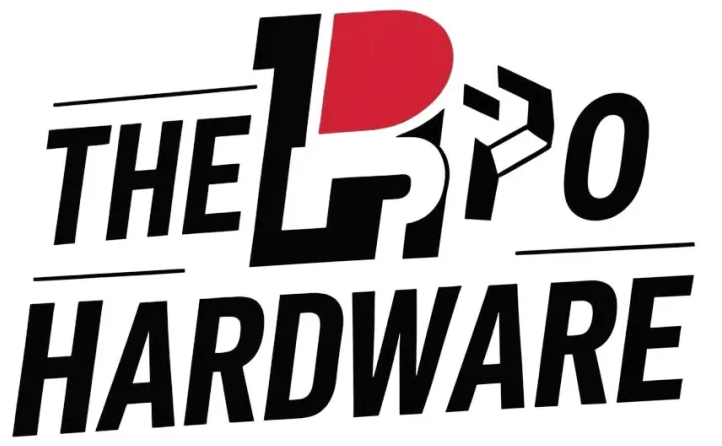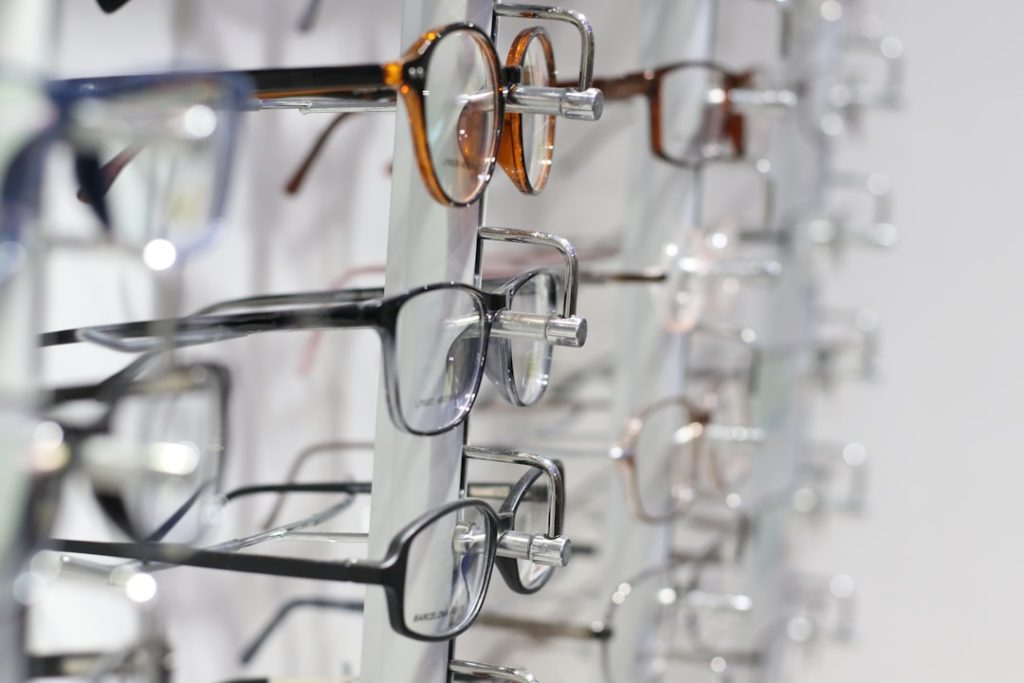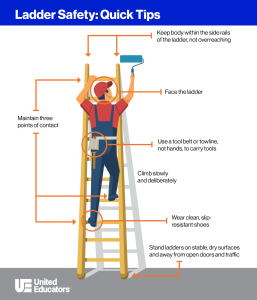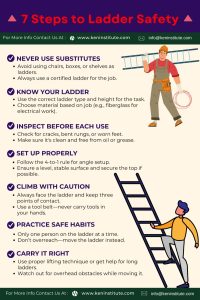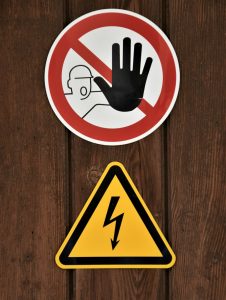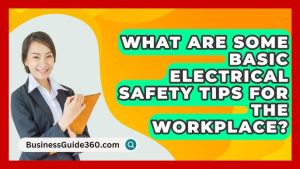Have you ever stopped to think about how fragile your eyes really are? Just one small accident could cause serious damage that might change your life forever.
That’s why safety glasses are more than just a simple accessory—they are your first line of defense against unexpected hazards. Whether you’re working with tools, chemicals, or even just doing a quick home project, protecting your eyes should be your top priority.
Keep reading to discover why safety glasses are so important and how they can save your vision when you least expect it.

Credit: www.safetyandhealthmagazine.com
Risks To Your Eyes
Eyes face many risks daily, especially in work environments. Small accidents can cause big damage. Protecting your eyes helps avoid pain and costly medical visits. Understanding common risks highlights why safety glasses matter.
Common Workplace Hazards
Workplaces have many dangers for eyes. Dust, flying debris, and chemicals often pose threats. Machines can send sparks or metal shards into the air. Bright lights or UV rays can cause harm. Lack of eye protection raises injury chances.
Everyday Eye Injuries
Eye injuries happen quickly and without warning. Scratches, cuts, and burns are common types. Dust or dirt can irritate or infect eyes. Chemical splashes cause severe pain and damage. These injuries reduce work ability and comfort.
Long-term Vision Damage
Repeated eye injuries may lead to lasting damage. Vision loss or blurred sight can develop over time. Exposure to harmful light causes retinal harm. Untreated injuries increase the risk of permanent problems. Wearing safety glasses helps prevent these serious issues.

Credit: www.lasikplus.com
Types Of Safety Glasses
Safety glasses come in different types to protect against various hazards. Choosing the right type depends on the work environment and specific risks. Understanding these types helps keep your eyes safe.
Impact-resistant Lenses
Impact-resistant lenses guard against flying debris and sharp objects. They are made from materials like polycarbonate, which is strong yet lightweight. These lenses reduce the risk of eye injury from sudden impacts.
Chemical Splash Protection
Safety glasses with chemical splash protection prevent harmful liquids from reaching your eyes. They often have side shields or a wraparound design for extra coverage. This type is essential in labs and factories handling chemicals.
Uv Protection Options
UV protection lenses block harmful ultraviolet rays from sunlight. They help prevent eye strain and long-term damage during outdoor work. Some safety glasses combine UV protection with other safety features for full coverage.
Choosing The Right Glasses
Choosing the right safety glasses is essential to ensure maximum protection without compromising comfort. The wrong pair can leave you feeling distracted or even unsafe, defeating their purpose. Let’s break down the key factors to consider when selecting your safety glasses.
Fit And Comfort
Your safety glasses should feel like an extension of your face, not a burden. Poorly fitted glasses can slip, pinch, or create pressure points, making them unbearable to wear for long periods.
Look for adjustable nose pads and temple arms to customize the fit. Lightweight frames also reduce strain, especially during extended use. Test them out—if they’re uncomfortable after five minutes, they won’t work for an eight-hour shift.
Lens Material And Coatings
The material of the lenses plays a huge role in both durability and clarity. Polycarbonate lenses are a popular choice because they’re impact-resistant and lightweight, perfect for most industries.
Consider coatings that suit your environment. Anti-scratch coatings add longevity, while anti-fog coatings are a lifesaver in humid or temperature-varying conditions. Do you work in bright settings? Then UV protection or tinted lenses might be a must.
Industry-specific Needs
Not all safety glasses are created equal, and your job might demand something unique. If you work in welding, for instance, you’ll need lenses with high-intensity light filtration. For lab work, splash-resistant eyewear is non-negotiable.
Think about the hazards you face daily. Flying debris, chemical splashes, or radiation—each requires tailored features. Don’t settle for “one-size-fits-all” when your safety is on the line.
Choosing the right safety glasses isn’t just about ticking boxes—it’s about finding a pair that works for you in every situation. Take your time to evaluate your options, and always prioritize both protection and comfort.
Benefits Beyond Protection
Safety glasses do much more than shield your eyes from harm. They offer a range of benefits that improve both workplace performance and personal well-being. Let’s explore how safety glasses provide advantages beyond basic protection.
Improved Vision Clarity
Modern safety glasses are designed with high-quality lenses. These lenses reduce glare and enhance visibility in low-light conditions. They also protect eyes from dust, debris, and harmful UV rays. Clear vision helps minimize strain, keeping your eyes comfortable throughout the day.
Enhanced Productivity
Wearing safety glasses reduces the risk of distractions caused by eye discomfort. Workers can focus better on tasks without worrying about potential hazards. This leads to smoother workflows and higher efficiency in demanding environments.
Cost Savings From Injury Prevention
Eye injuries can lead to expensive medical treatments and lost work hours. Safety glasses act as a preventative measure, reducing these risks significantly. By avoiding injuries, businesses save money and maintain productivity levels.
Maintenance Tips
Maintaining your safety glasses is just as important as wearing them. Proper care ensures they provide the best protection and last longer. Neglecting maintenance can reduce their effectiveness, putting your eyes at risk.
Cleaning And Storage
Keep your safety glasses clean by rinsing them with water to remove dust before wiping. Use a soft cloth or lens cleaning wipe to avoid scratches. Avoid using harsh chemicals that can damage the lenses or coatings.
Store your glasses in a hard case when not in use. This prevents accidental damage and keeps them free from dirt. Have you noticed how often glasses get scratched when tossed in a toolbox or pocket? Proper storage can stop that.
When To Replace Safety Glasses
Check your glasses regularly for scratches, cracks, or loose parts. Even small scratches can blur your vision and reduce protection. If you find any damage, it’s time to replace them immediately.
Also, consider replacing your glasses if the fit becomes loose or uncomfortable. A poor fit can cause them to slip off or leave gaps that let hazards in. Ask yourself: Are your safety glasses still doing their job well every day?
Proper Use Guidelines
Always wear your safety glasses as intended — don’t push them up on your head or hang them on your shirt. This can stretch or damage the frames. Use the straps or adjustable arms to keep them secure during work.
Never share your safety glasses with others. Each pair is adjusted for your face and hygiene. Taking good care and using them correctly protects your eyes and helps you stay safe on the job.
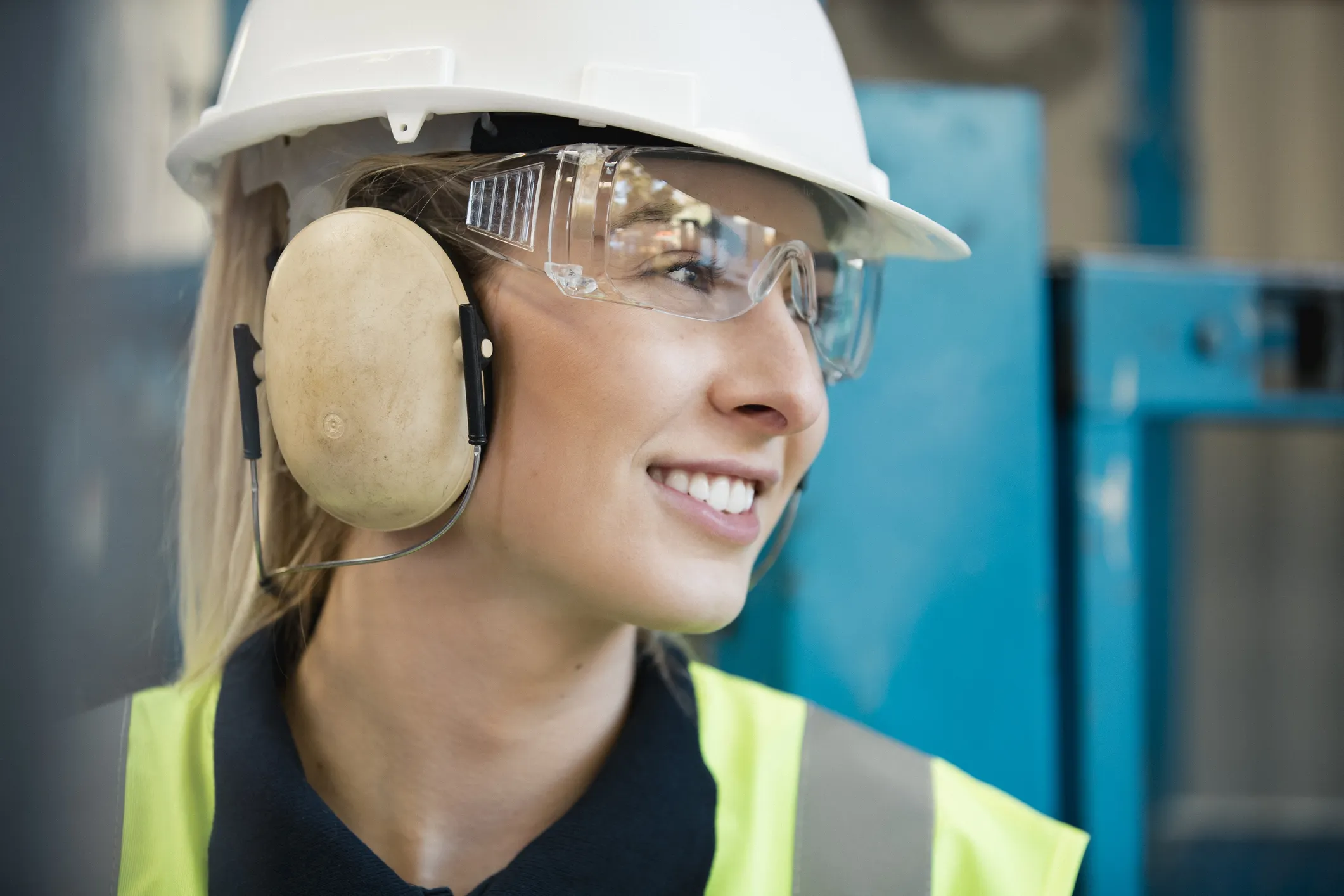
Credit: blog.ansi.org
Encouraging Consistent Use
Encouraging consistent use of safety glasses is key to protecting your eyes every day on the job. It’s not enough to have safety glasses available; the real challenge is making sure everyone wears them without exception. Let’s look at how fostering the right environment and addressing common obstacles can help you and your team keep those glasses on.
Workplace Safety Culture
Your workplace culture sets the tone for how seriously safety gear is taken. When leaders visibly wear and promote safety glasses, it sends a clear message that protection matters. Imagine a team where everyone follows suit—not because they’re forced, but because it’s the norm.
Encouraging open conversations about eye safety helps too. Sharing stories about near-misses or injuries can make the risks feel real. Have you ever seen a small eye injury turn into a big problem? Those stories stick with you and remind everyone why safety glasses are non-negotiable.
Training And Awareness
Training goes beyond explaining rules—it’s about showing why safety glasses matter in practical terms. Hands-on demonstrations can reveal how quickly debris can harm your eyes and how glasses act as a shield. This kind of eye-opening experience makes the need for protection more than just a rule.
Regular refreshers keep safety top of mind. Short, engaging sessions can update your team on the latest safety gear and reinforce best practices. Ask yourself: How often do you revisit safety training to keep it fresh and relevant?
Overcoming Common Barriers
Many skip safety glasses because they find them uncomfortable, foggy, or inconvenient. These barriers are real, but solutions exist. Anti-fog coatings, adjustable frames, and lighter materials make glasses easier to wear all day.
Involve employees in choosing their safety glasses. When you let people pick styles they like, they’re more likely to wear them consistently. What small change could make your safety glasses feel less like a burden and more like a part of your workday?
Encouraging consistent use of safety glasses isn’t about strict enforcement alone. It’s about creating a workplace where eye protection becomes a shared value, backed by practical training and thoughtful solutions. Your eyes are worth that effort every single day.
Frequently Asked Questions
What Are The Benefits Of Wearing Safety Glasses?
Safety glasses protect eyes from dust, debris, chemicals, and UV rays. They reduce the risk of injuries and improve workplace safety.
Do Safety Glasses Prevent Eye Injuries Effectively?
Yes, safety glasses significantly reduce eye injury risks by shielding eyes from hazards like flying particles, splashes, or harmful radiation.
Who Should Wear Safety Glasses At Work?
Anyone working in environments with potential eye hazards, including construction, manufacturing, and labs, should always wear safety glasses.
Are Safety Glasses Mandatory In Hazardous Workplaces?
Yes, safety glasses are often required by law or workplace policies to ensure employee safety in hazardous environments.
Conclusion
Safety glasses protect your eyes from many dangers. They stop dust, chemicals, and flying objects. Wearing them reduces the chance of serious injuries. Eyes are fragile and need constant care. Safety glasses are easy to use and affordable. They help you stay safe at work or home.
Don’t ignore eye protection—it matters a lot. Keep your eyes healthy and avoid pain. Simple steps like wearing safety glasses save sight. Stay smart. Stay protected.

